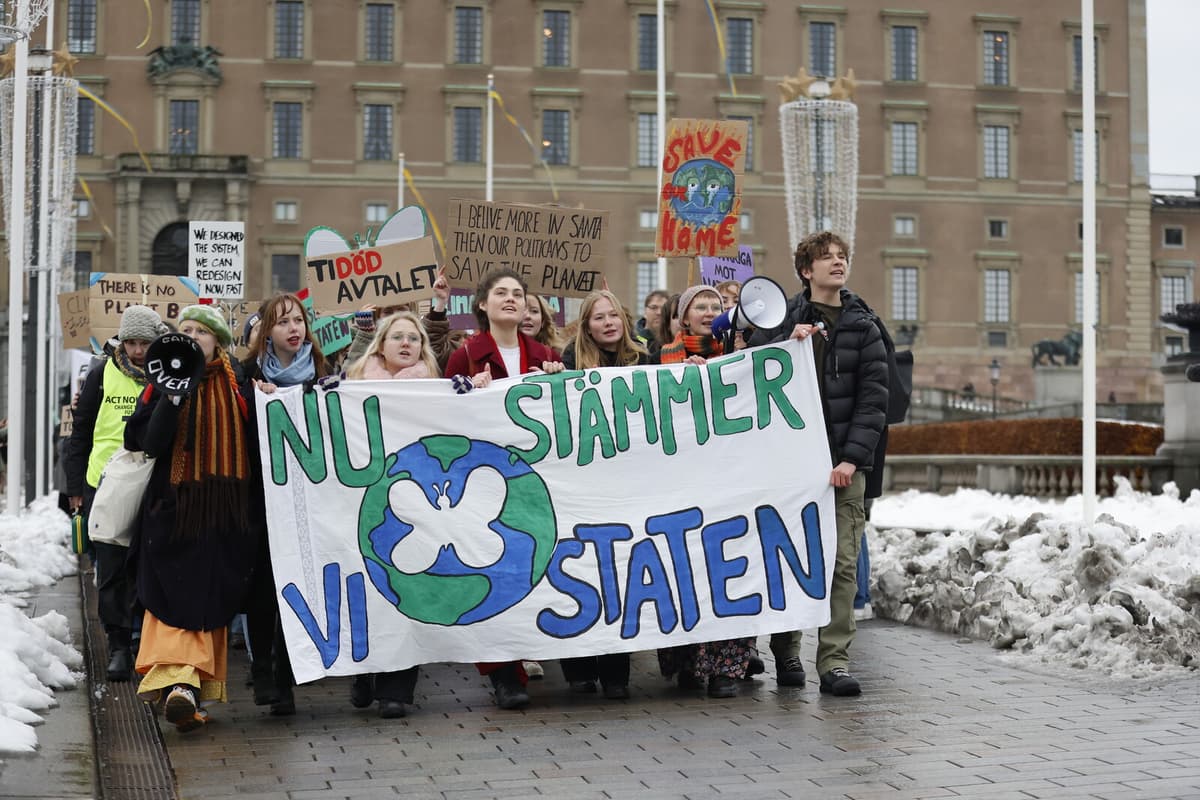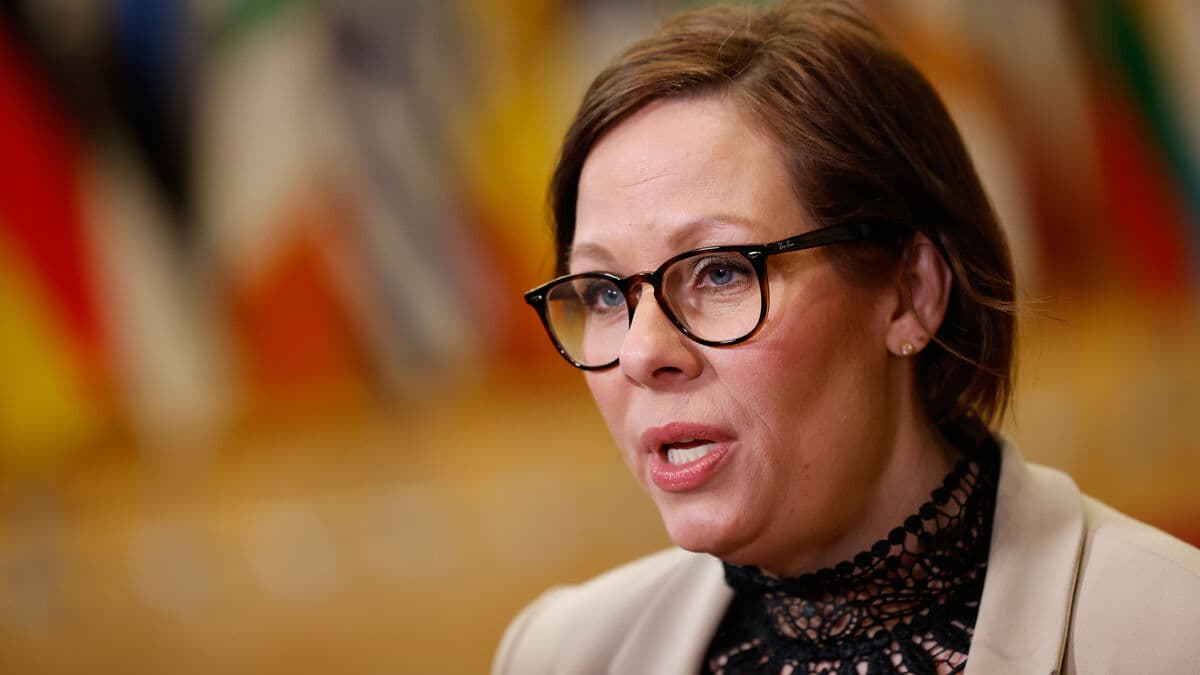Last year, the European Court of Justice ruled that an association of Swiss women, Klimaseniorinnen, had the right to bring a climate lawsuit, while individual women did not.
The Supreme Court in Sweden later took the same line, ruling that the Aurora case could not be tried in a Swedish court, but opened up the possibility of framing a climate lawsuit in a different way.
Now, Aurora is requesting to take over the lawsuit from the young people who initially sued the state, and to continue the process as an association.
"We are many who understand that time is of the essence, that everyone must help, and who want the state to take its legal responsibility to protect people and ecosystems living now and in the future. Those in power must act now," says Gertrud Wrange from Aurora in a press release.
The Aurora case is a court process where the youth-led organization Aurora, through a group lawsuit, is suing the Swedish state at the Nacka District Court.
Around 300 people believe that the state is not doing enough to combat climate change and is not meeting several climate goals. This, in turn, endangers the right to life, health, and development of children and young people according to the European Convention.
Aurora wants the court to order the state to take certain measures to reduce Sweden's greenhouse gas emissions.
The Chancellor of Justice (JK), who represents the state, argued that the Aurora case should be dismissed, and the district court referred the question to the Supreme Court, which ruled that the case could not be tried in a Swedish court.






